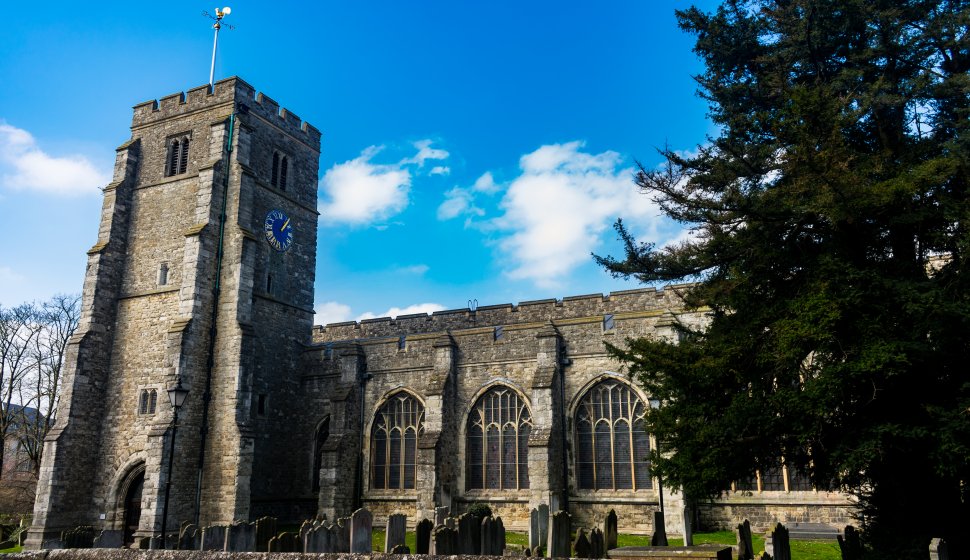- Home
- Religious Holidays
- Baptism
- All Saints Day

All Saints Day Dates in 2026, 2027 and 2028
All Saints Day is celebrated at the following dates:
- Sunday, November 1, 2026
- Monday, November 1, 2027
- Wednesday, November 1, 2028
All Saints Day is a Christian holiday celebrated on November 1 in recognition of all saints, known and unknown1. It is also known as All Hollows, Day of All the Saints, Solemnity of All Saints or Feast of All Saints. It is held on the first Sunday after pentecost1.
Origin
All Saints Day has been celebrated in the English Isles since at least the 8th century by Pope Gregory III.1 It is unclear whether this was influenced by the Germans or by the Celts. The Celtic holiday of Samhain that celebrated the dead is suggested to have influenced the English celebration2. Because it was first celebrated on November 1 in Germany, however, some sources attribute germanic roots to the holiday.3 During the reign of Leo VI of the Byzantine empire, All Saints day gained prominence among religious holidays1. After the death of his wife, Empress Theophano, in 893 Leo VI intended to build a church commemorating her. He was prohibited by the Church from doing so and instead dedicated the church to All Saints. In this way, he could leave a testament to his wife, since if she were truly righteous, she would be celebrated according to the tradition of this holiday1.
In the west, each martyr was venerated on a separate day until the 4th century4. Around this time in the persecution of Diocletian, there were so many martyrs that separate days could not be assigned to all of them4. It was for this reason that Christians consolidated the celebration of martyrdom into a single day. Though the origins are unclear, the first concrete evidence of celebration on November 1 is traced back to Pope Gregory III, who made an oratory in St. Peter's declaring November 1 the official date instead of the previous date of May 131.
Celebration
Many Eastern European countries light candles and visit the graves of deceased relatives5. European and some South American it is customary to bring flowers to the graves of deceased loved ones. The Pão-por-Deus tradition on this day in Portugal is similar to the American Holloween where children go door to door and receive cake, candy and nuts6. For Catholics, this is a holy day of obligation1.
